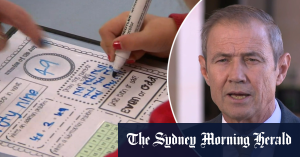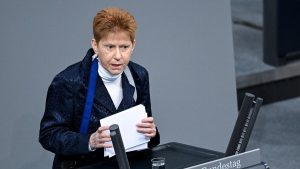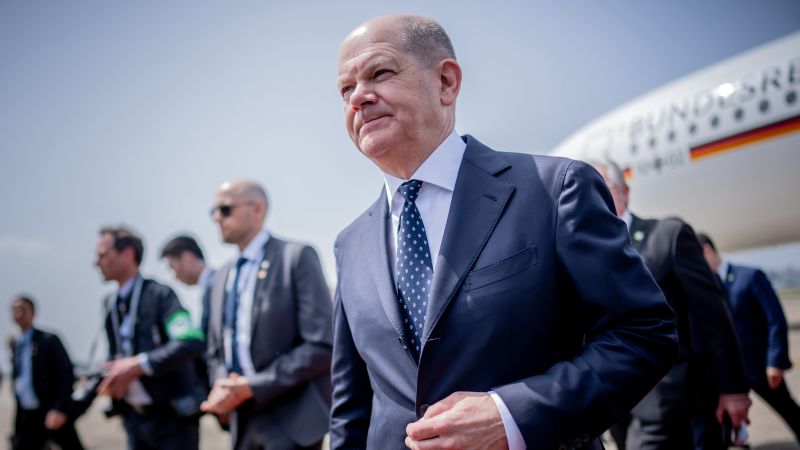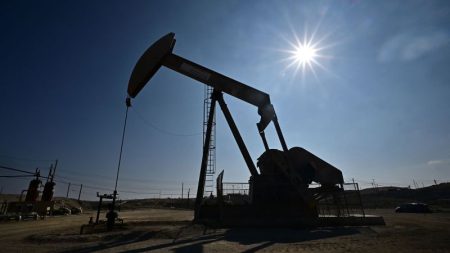German Chancellor Olaf Scholz recently addressed a group of students in Shanghai, advocating for an open and fair European market for Chinese cars while warning against dumping, overproduction, and intellectual property infringements. He emphasized the importance of fair competition, with no unfair practices such as dumping, overproduction, or copyright infringement, and stressed the need for companies to be able to set up production facilities locally without facing bureaucratic hurdles. Scholz highlighted the concept of a level playing field for companies, allowing them to operate without restrictions.
Scholz also shared his views on international relations, stating that small countries should not have to live in fear of big countries and that borders should not be changed by force. While he did not specifically mention China, his remarks were seen as a general principle in international relations. He highlighted the importance of respectful neighborly relations, comparing global values and relations between countries to interactions between neighbors. Scholz emphasized the need for mutual respect and the importance of not being afraid of neighboring countries.
During his visit to China, Scholz, along with three ministers and leading German executives, is closely monitoring the issue of Chinese goods being dumped on the European market. He expressed the expectation that Chinese cars will eventually enter the German and European markets, emphasizing the necessity of fair competition. Scholz’s visit is seen as an opportunity to gauge Europe’s response to perceived unfair trade practices by China, such as dumping and overproduction. The German government and businesses are also watchful of potential conflicts, including China’s support for Russia’s wartime economy and any future disputes over Taiwan.
In his address to students in Shanghai, Scholz underscored the importance of upholding principles of fair competition and respect in international relations. He highlighted the need to address issues such as dumping and copyright infringement while allowing companies to thrive without facing impediments. Scholz is scheduled to meet with Chinese President Xi Jinping to discuss various matters, including China’s support for Russia and potential conflicts over Taiwan. The visit is seen as an opportunity to address concerns and foster dialogue on key issues affecting Germany, China, and global trade relations.
As Scholz engages with Chinese leaders and students during his visit, he emphasizes the principles of fair competition and respectful international relations. He stresses the significance of a level playing field for companies to operate without facing unfair practices or restrictions. Scholz’s dialogues on trade, intellectual property rights, and global security issues aim to foster understanding and collaboration between Germany and China. The visit serves as an important platform for addressing shared concerns and working towards mutual cooperation on key economic and political issues impacting both countries.
In conclusion, German Chancellor Olaf Scholz’s visit to China serves as a critical opportunity to address trade, security, and intellectual property concerns while promoting fair competition and respectful international relations. His discussions with Chinese leaders and students highlight the need for a level playing field for companies, free from unfair practices such as dumping and infringement. The visit also addresses broader global issues, including potential conflicts over Taiwan and China’s support for Russia. Through dialogue and cooperation, Scholz aims to strengthen ties between Germany and China, contributing to a more open and fair international market for all stakeholders.
















